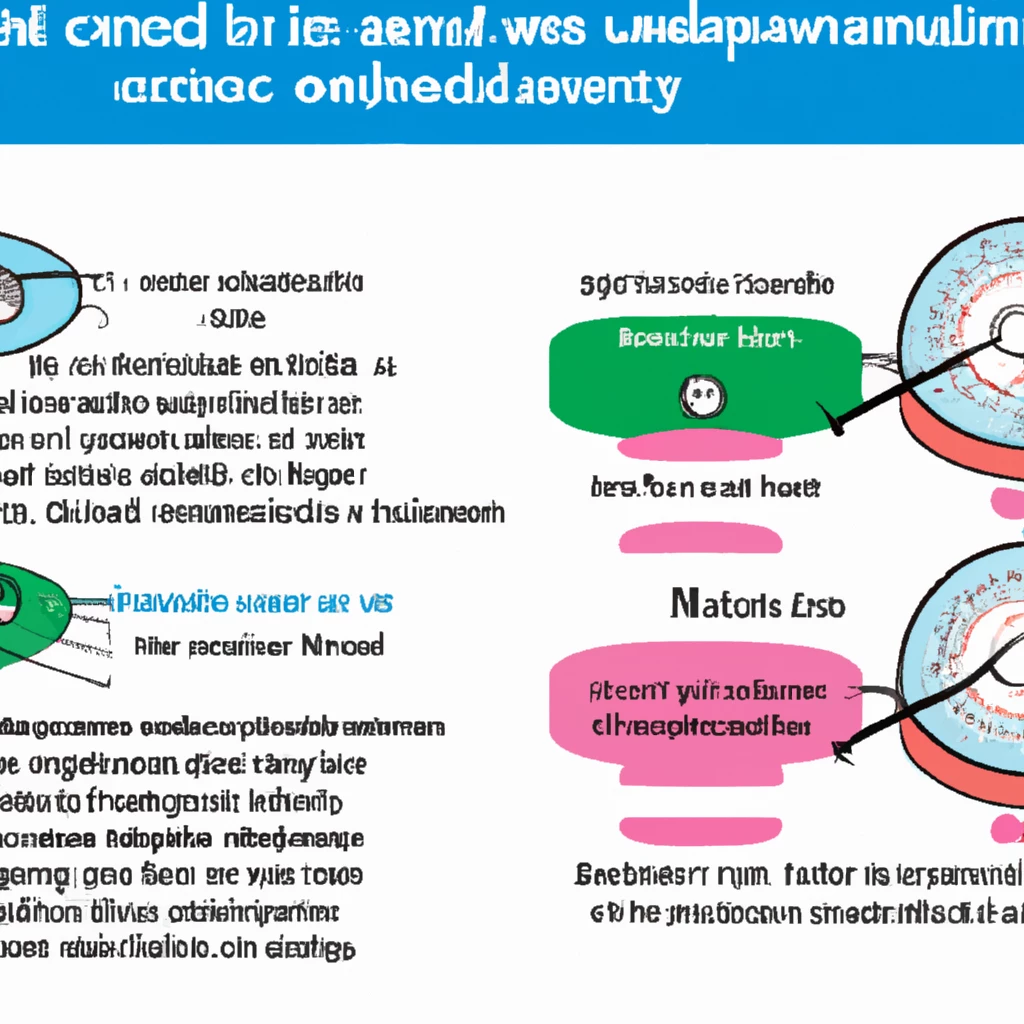Understanding Impaired Credit
Impaired credit refers to a decline in the perceived creditworthiness of an individual, business, or entity. This deterioration is often indicated by lower credit scores for individuals and lower credit ratings for businesses and entities. Those with impaired credit face challenges in obtaining loans and are typically subject to higher interest rates. It can be a temporary setback that is fixable, or a warning sign of deeper financial troubles ahead.
**Key Points on Impaired Credit:**
- Impaired credit signifies a decrease in creditworthiness for individuals, businesses, or other entities.
- Lower credit scores or ratings make it harder for borrowers to access loans and credit on favorable terms.
- Addressing the root causes of impaired credit can sometimes lead to improvement in credit standing.
Factors Influencing Impaired Credit
Impaired credit typically arises from financial stress triggered by unexpected changes in circumstances.
For individuals, impaired credit can stem from events like job loss, medical expenses, asset value declines, or other crises affecting bill payments.
In the case of businesses, factors such as increased competition, economic weakness, operational issues, or poor decisions can lead to impaired credit.
Creditworthiness Evaluation for Individuals
Individual creditworthiness is commonly assessed through credit scores, which are numerical representations based on credit reports. These scores range from 300 to 850.
Credit scores consider various factors, with payment history and debt levels being significant components.
- Payment history (35%)
- Amounts owed (30%)
- Length of credit history (15%)
- Credit mix (10%)
- New credit (10%)
Scores below 580 are considered poor, while ratings above 670 are deemed favorable. Significant debt and late payments can lead to impaired credit status.
Sudden drops from good to poor credit can suggest credit impairment, often due to issues with payment history or excessive debt.
Focusing on timely payments and reducing outstanding debts can help restore credit scores and alleviate impaired credit.
**Insight Note:**
Businesses may also have business credit scores, evaluated by agencies like Dun & Bradstreet, Equifax, and Experian.
Credit Analysis for Businesses and Governments
Credit rating agencies, such as Fitch, Moody’s, and S&P, evaluate the creditworthiness of businesses and governments through letter grades. These ratings reflect the likelihood of entities meeting their financial obligations.
Factors influencing these ratings vary and include financial performance, regulatory environment, and competitive positioning.
A decline in credit grades suggests credit impairment, indicating potential repayment challenges.
Different entities undergo varying assessments; companies are evaluated on financial metrics, while governments are scrutinized on economic stability.
Insight Into Credit Repair
Credit repair involves the process of rectifying inaccurate credit report information that negatively affects credit scores. Only incorrect data can be removed, as accurate details remain until they expire, typically after seven years.
Accessing Your Credit Report
To acquire your credit reports for free, visit AnnualCreditReport.com, where you can access reports from all three major credit bureaus annually. If you identify errors impacting your score, you have the right to dispute them, prompting a bureau investigation.
Obtaining Your Credit Score
Requesting your credit score can be done through banks, credit card issuers, or reliable websites offering complimentary scores. Multiple credit scoring models exist, so your score may vary across different platforms.
The Takeaway
Navigating impaired credit situations can be challenging, but it’s possible to enhance credit standing by addressing underlying issues that caused the credit decline.
